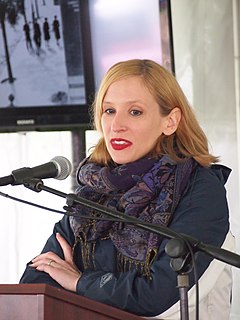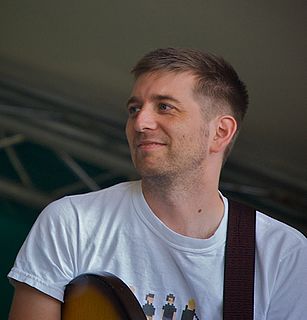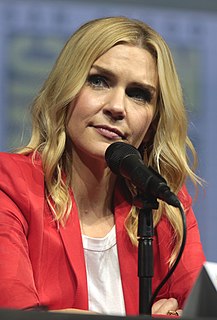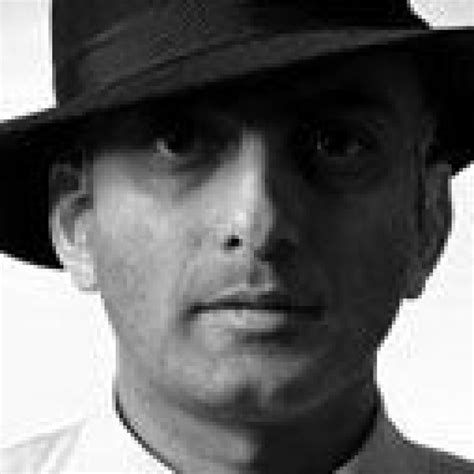A Quote by Monica Hesse
In fiction, you learn about pacing and how to build tension - which is something you want in a really good nonfiction feature article as well.
Related Quotes
I think, about the distinction between fiction and nonfiction. Fiction is not really about anything: it is what it is. But nonfiction - and you see this particularly with something like the BBC Samuel Johnson Prize for Non-Fiction - nonfiction we define in relation to what it's about. So, Stalingrad by Antony Beevor. It's "about" Stalingrad. Or, here's a book by Claire Tomalin: it's "about" Charles Dickens.
I was listening to this interview with fiction writer George Saunders the other day, and he said something about how the role of a writer is to build a more detailed world. I think it applies to what Gord Downie is doing with his body of work, which is to build a more detailed world and there's something really political about that.
We want Facebook to be one of the best places people can go to learn how to build stuff. If you want to build a company, nothing better than jumping in and trying to build one. But Facebook is also great for entrepreneurs/hackers. If people want to come for a few years and move on and build something great, that's something we're proud of.
All fiction, if it's successful, is going to appeal to the emotions. Emotion is really what fiction is all about. That's not to say fiction can't be thoughtful, or present some interesting or provocative ideas to make us think. But if you want to present an intellectual argument, nonfiction is a better tool. You can drive a nail with a shoe but a hammer is a better tool for that. But fiction is about emotional resonance, about making us feel things on a primal and visceral level.
Products a start-up builds are really experiments…Learning about how to build a sustainable business is the outcome of those experiments [which follow] a three-step process: Build, measure, learn.” “[A startup is] … an organization dedicated to creating something new under conditions of extreme uncertainty.
I've gotten to a place where I'm better at curbing your ego, which usually happens when you're feeling super small and scared about whatever you're seeing, and you want to go read, 'Oh, I hear there's a really good article about me.' I've gotten better about knowing that's not going to end well, usually.
I was kind of amazed because I first found out about blue boxes in an article in Esquire magazine labeled fiction. That article was the most truthful article I've ever read in my life... That article was so truthful, and it told about a mistake in the phone company that let you dial phone calls anywhere in the world. What an amazing thing to discover.
My motto is: write about anything you bloody well like; just make sure you do it effectively. We've all had all the emotions, the rest is research and that leap which some can do and others cannot - it's not really something you can learn, otherwise all academics of literature would be wonderful fiction writers.






































